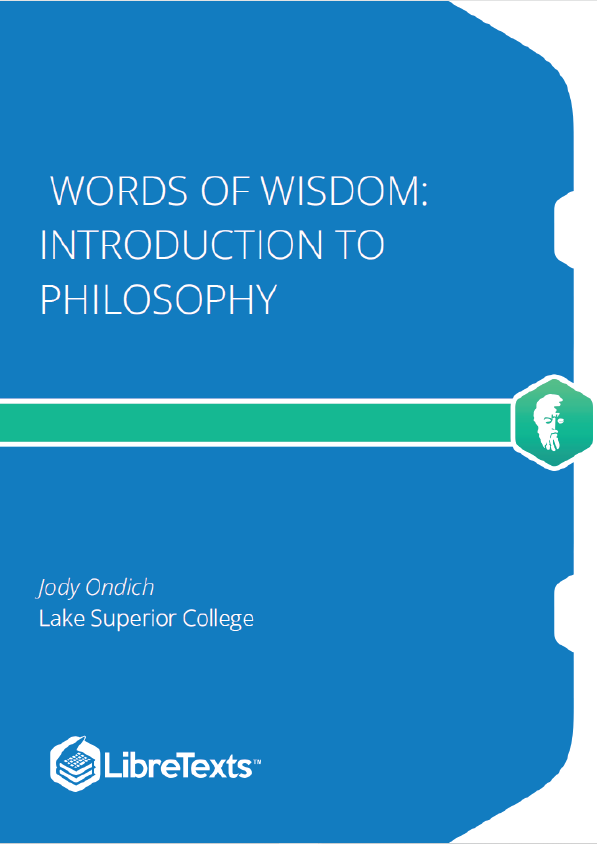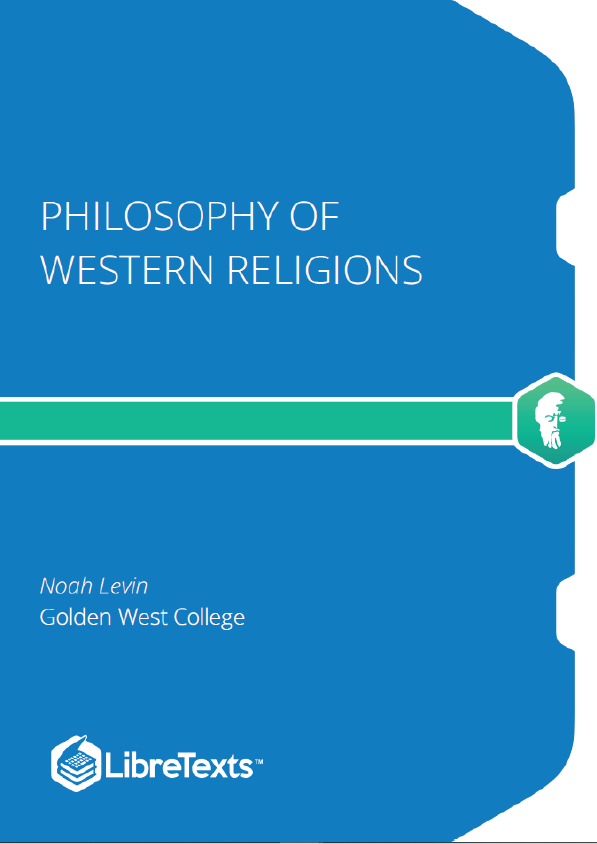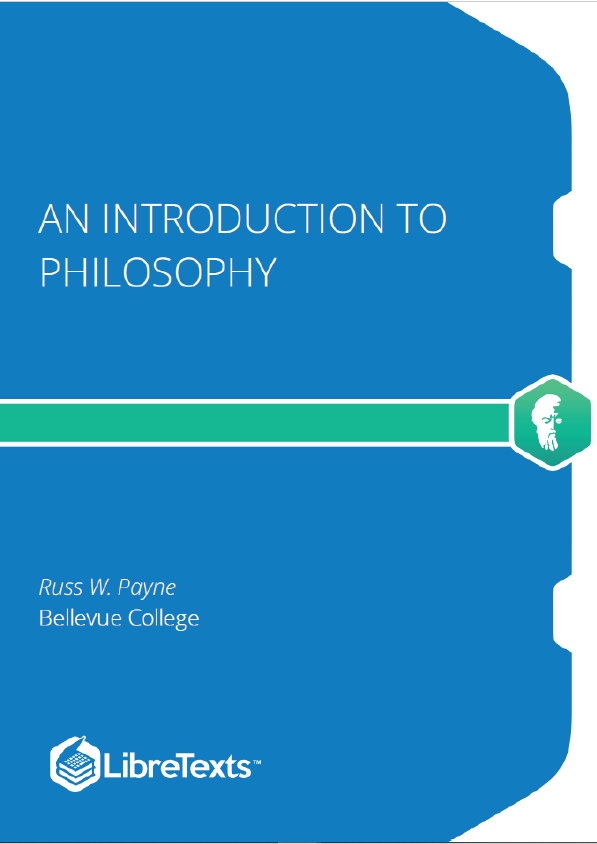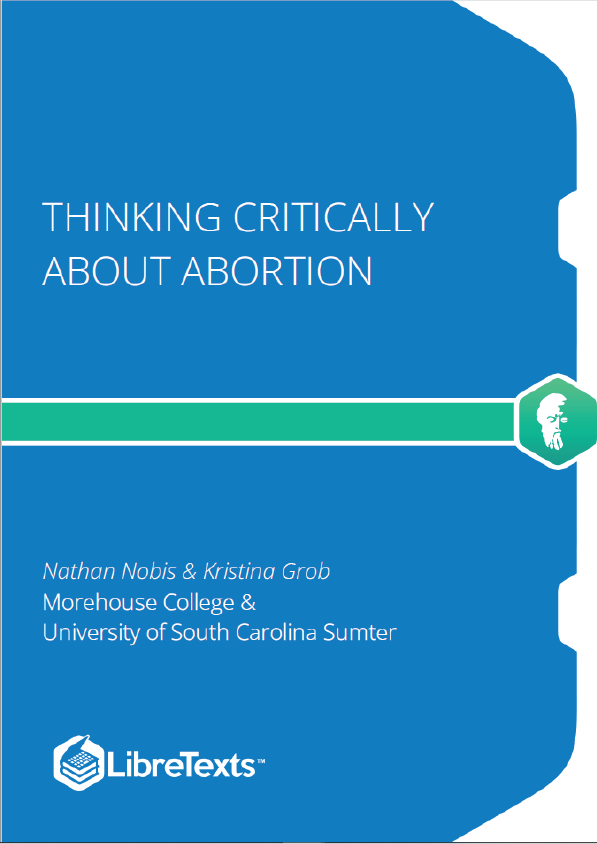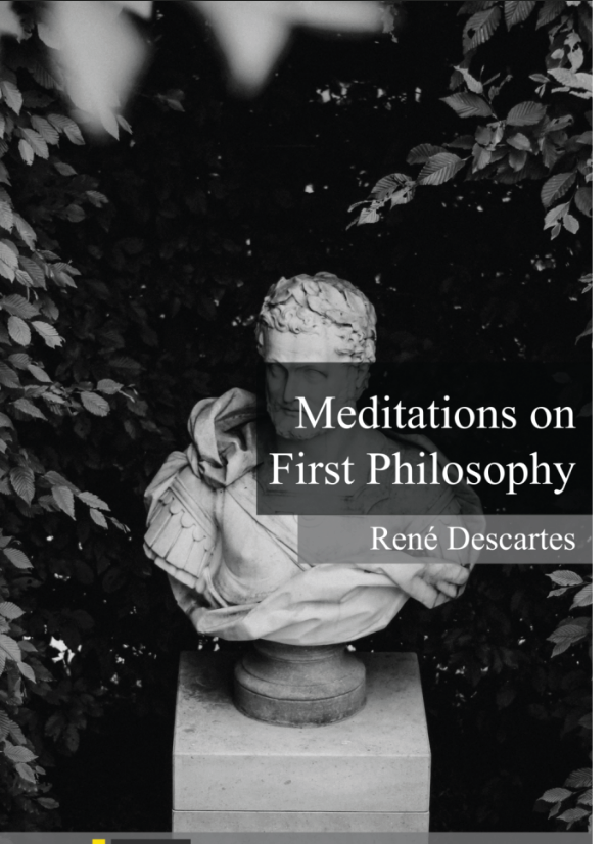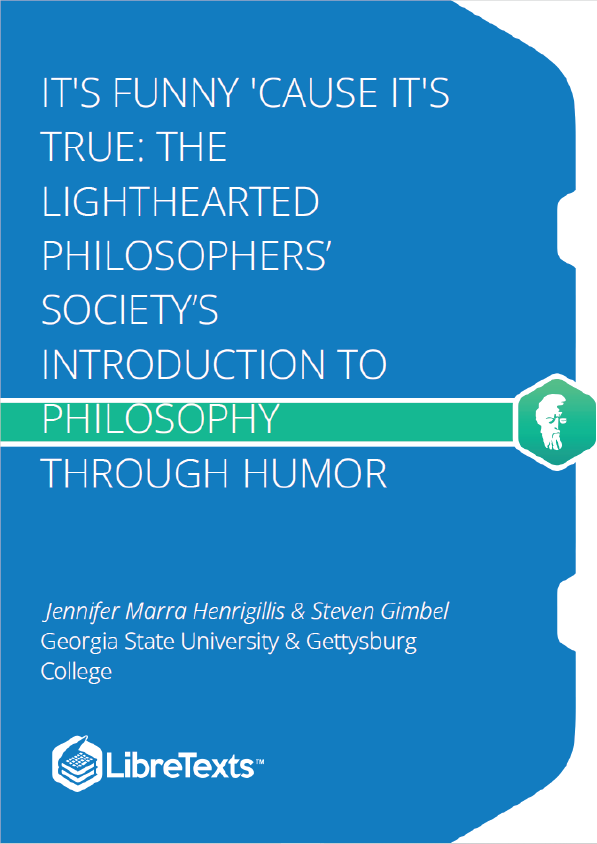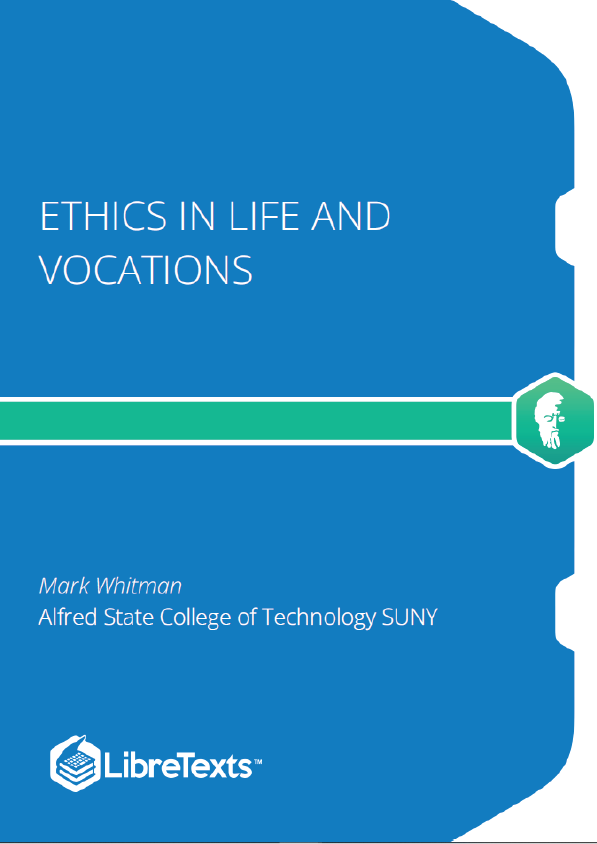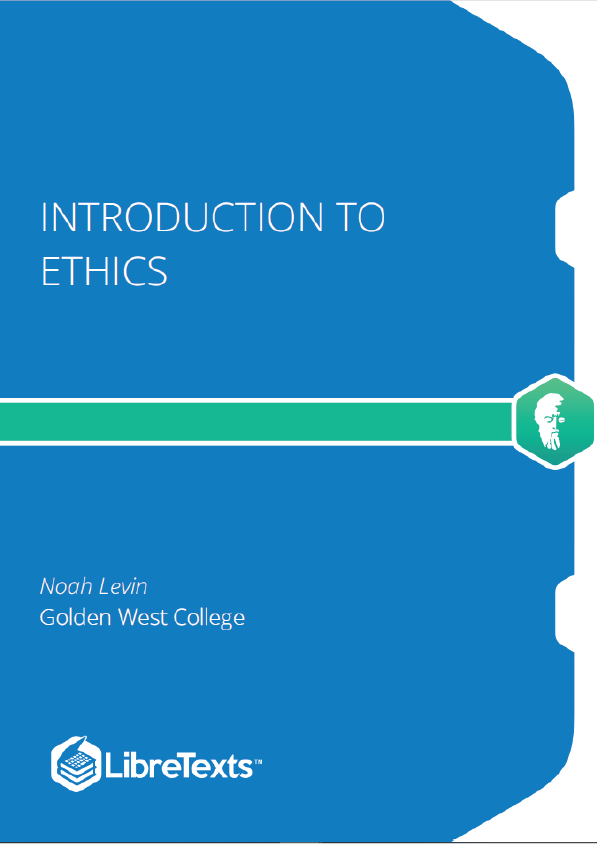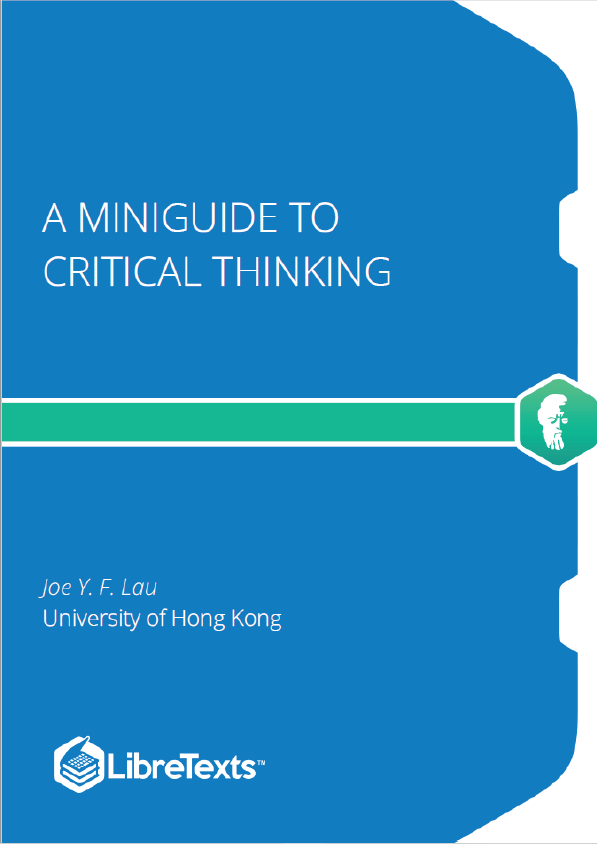Words of Wisdom can come from anyone. In this text we discuss topics ranging from “Are Humans good by nature?” to “Is there a God?” to “Do I have the right to my own opinion?” Philosophy is the study of wisdom, and can emerge in our conversations in social media, in school, around the family dinner table, and even in the car. The text uses materials that are 2,500 years old, and materials that were in the news this year. Wise people come in all shapes and types, and from every culture on earth. We have poetry and folktales, sacred writings and letters. Dialogues and interviews, news columns, Ted Talks, You Tube recordings and even comedy are all a part of the content in this text.
Aesop, this ancient Greek, is well known by name, but his actual existence is a bit questionable. Crediting all these short stories to him may also be a little problematic! Tradition has him being born about 620 BCE and this collection of fables attributed to him are now known, for better or for worse, as Aesop’s Fables. Like all folklore, these little stories try to make a point that would benefit the reader in living their everyday life. Here is a little extra background.
THE ANTS were spending a fine winter’s day drying grain collected in the summertime. A Grasshopper, perishing with famine, passed by and earnestly begged for a little food. The Ants inquired of him, “Why did you not treasure up food during the summer?” He replied, “I had not leisure enough. I passed the days in singing.” They then said in derision: “If you were foolish enough to sing all the summer, you must dance supperless to bed in the winter.”
A FARMER placed nets on his newly-sown plowlands and caught a number of Cranes, which came to pick up his seed. With them he trapped a Stork that had fractured his leg in the net and was earnestly beseeching the Farmer to spare his life. “Pray save me, Master,” he said, “and let me go free this once. My broken limb should excite your pity. Besides, I am no Crane, I am a Stork, a bird of excellent character; and see how I love and slave for my father and mother. Look too, at my feathers—they are not the least like those of a Crane.” The Farmer laughed aloud and said, “It may be all as you say, I only know this: I have taken you with these robbers, the Cranes, and you must die in their company.” Birds of a feather flock together.
